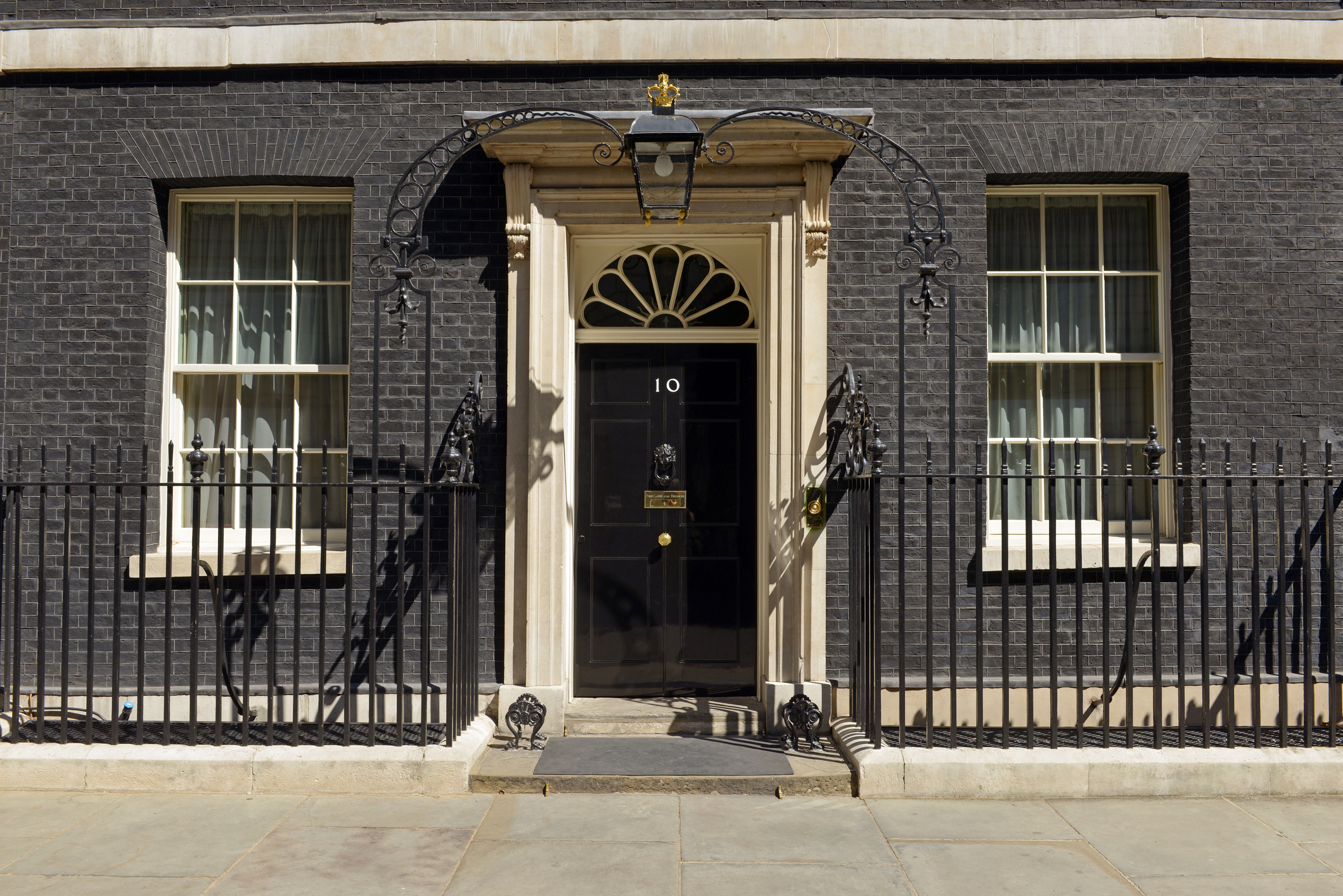Autumn Budget 2024 at a glance
Friday 1st November 2024

The first Autumn Budget delivered by the Labour Party in more than 14 years was one of the largest tax raisers on record worth £40 billion, including rises in employers’ national insurance and capital gains tax.
Here is our summary of the key points.
Minimum Wage
Employees currently on the National Living Wage will benefit from more in their pay packet from April 2025:
- For employees aged 21 and over, the National Living Wage will rise 6.7% from £11.44 an hour to £12.21
- For those aged 18, 19 or 20, the National Minimum Wage will go up from £8.60 an hour, to £10
- The apprentice rate will increase from £6.40 an hour to £7.55. This applies to eligible people under 19, or those over 19 in the first year of an apprenticeship
Personal Taxation
The rates of income tax and National Insurance paid by employees have not changed as a result of the budget.
The previous government announced a freeze in income tax and national insurance thresholds until 2028/29. However, beyond 2028/29, personal tax thresholds will be unfrozen to bring them back in line with inflation.
Business Taxation
A headline measure confirmed by the chancellor was that employers’ national insurance contributions will rise for April 2025 from 13.8% to 15% to raise £25 billion with the threshold employers start paying NI on employees’ earnings lowered from £9,100 per year to £5,000.
Rachel Reeves confirmed that the Corporate Tax rate would remain unchanged at 25% for the remainder of this Parliament with a roadmap set out to give certainty and confidence to encourage growth. This included maintaining permanent full expensing and the £1m annual investment allowance, maintaining Research & Development tax reliefs, and developing a new advance tax certainty process for major investments.
Continued support for the retail, hospitality and leisure sectors was confirmed, albeit with a reduction in the existing relief scheme on business rates from 75% to 40% in 2025/26 up to a cap of £110,000.
Transport
Fuel duty will remain frozen for a further year and the existing 5p-a-litre fuel duty cut will be maintained for another year too.
To maintain tax incentives to drive the uptake of electric company cars, the government announced the continuation of low tax rates beyond 2028 which will increase for 2028/29 and 2029/30 by two percentage points per year taking them to 7% and 9% respectively.
Changes revealed for Vehicle Excise Duty will see the differential between fully electric and other vehicles increase in the first year rates of VED from April 2025. The first-year CO2-based charge for VED will be frozen at £10 for zero-emission cars until 2029/30 while rates for other vehicles will rise.
A further £120 million has been allocated during 2025/26 to support the purchase of new electric vans via the plug-in vehicle grant.
The budget confirmed long-term funding for growth-driving sectors as part of the Modern Industrial Strategy, including over £2bn over five years to support the automotive sector increase the production of zero-emission vehicles.
To expand on the existing network of over 70,000 public EV chargepoints across the UK, the government will invest over £200 million in 2025/26 to accelerate the rollout, including funding to support the expansion of on-street public charging across England.
Other Notable Measures
- The government confirmed the removal of the VAT exemption for education and boarding services provided by private schools will go ahead, as planned, from 1 January 2025. VAT at the standard rate will apply from this date
- Agricultural Property Relief and Business Property Relief will be reduced with effect from 6 April 2026 with 100% relief only available up to a combined cap of £1m
- Funding within a £3.9 billion settlement to support 11 new green hydrogen projects across England, Scotland and Wales was announced
